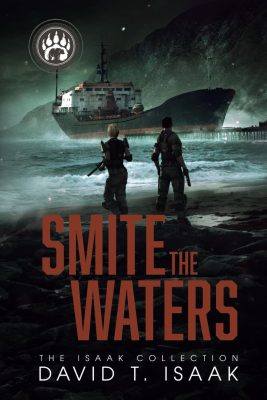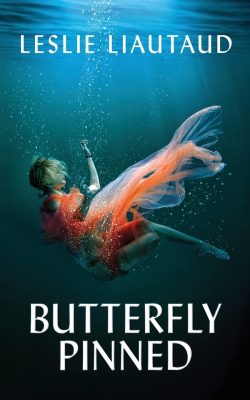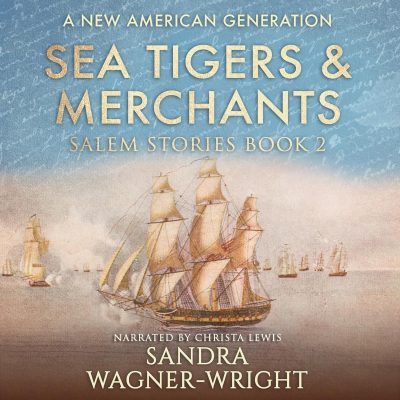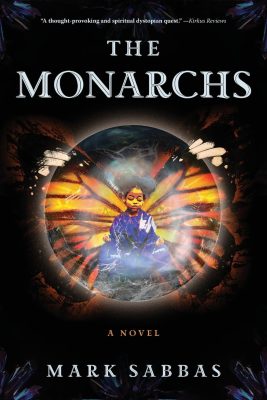|
Listen to or download this article:
|
 In the charming and heartfelt Pinto! Based Upon the True Story of the Longest Horseback Ride in History, M.J. Evans brings to life a forgotten piece of American history. Here from a unique perspective, Evans recaptures the legendary journey of the Overland Westerners, a group of four men on horseback who rode over 20,000 miles across the US, over 3 years. Their goal was to visit each of the 48 state capitols, be photographed with the governor, and ultimately reach California for the triumph of the 1915 World’s Fair Panama-Pacific Expo. Of the seventeen horses who joined the trip, whether traded, sold, or lost along the route, only one heroic equine made it the entire way.
In the charming and heartfelt Pinto! Based Upon the True Story of the Longest Horseback Ride in History, M.J. Evans brings to life a forgotten piece of American history. Here from a unique perspective, Evans recaptures the legendary journey of the Overland Westerners, a group of four men on horseback who rode over 20,000 miles across the US, over 3 years. Their goal was to visit each of the 48 state capitols, be photographed with the governor, and ultimately reach California for the triumph of the 1915 World’s Fair Panama-Pacific Expo. Of the seventeen horses who joined the trip, whether traded, sold, or lost along the route, only one heroic equine made it the entire way.
Pinto was that beautiful, 6-year-old black & white Morab, i.e., half Morgan/half Arabian horse. Only 15 hands high but sturdy and well-proportioned, he had always dreamed of accomplishing something great. The opportunity comes about when George Beck chooses Pinto to join his ambitious cross-country trek. Clearly, the two develop a special bond rooted in heart and determination.
In a story that blends history, travelogue detail, equine knowledge, and adventure, this book is so special because the narrative is told from Pinto’s point of view. Whether struggling with variations of the terrain, observing human frailties – consider in the aftermath of a stolen saddle, Pinto opines, “I don’t like the evil side of men.”; performing as a show horse, or posing for photo ops; the arduous adventure keeps us invested.
Humor and pathos play hand in hand throughout the chapters. Whether revealed in the act of a pile of manure deposited in response to a dishonest rancher’s nefarious business tactics or the harrowing lesson of a near-drowning due to improperly secured horse packs, this well-crafted storyline moves steadily forward. Throughout their odyssey, the riders sold postcards and calendars to help fund their endeavor, though often they found it difficult to pay bills or feed themselves. While hard times often had them relying on others’ generosity, pep talks and song helped buoy their spirits, and the well-being of the horses was always a priority.
As an avid horsewoman, Evans weaves relative informative tidbits throughout this work. These range from artful descriptions of horses forming small familial bands rather than joining herds, dealing with colic’s precarious nature, and understanding the consequences of a horse’s improperly fitted tack or harness.
Evans retrieved much of her research from the Overland Westerners’ diaries, journals, and photographic materials, housed in the Oklahoma City National Cowboy Museum, as well as historical museums in Washington State. Much of the dialogue is based on the actual writings. Choice conversations and actions serve to showcase individual personalities and the emotional sentiments of trek participants, through the likes of facing belly-high snows on a precarious trail; appreciating the comic relief and antics of a companion dog, Nip; or witnessing the rough and declining character of some who overindulge in alcohol. While certain details were created from Evans’ own imagination, such embellishments heighten the excitement and enhance the drama.
In a nod to the classic Black Beauty story, one of her childhood favorites, Evans felt it necessary for Pinto to tell this tale. Though targeted for a middle-grade audience, history buffs and horse lovers of all ages will enjoy this rare account. The glowing result is informative, entertaining, engaging historical fiction that creatively explores a monumental horseback ride, now destined to be remembered.
Pinto! won the CIBA 2019 First in Category Gertrude Warner Awards for Middle-Grade Fiction.












Leave A Comment